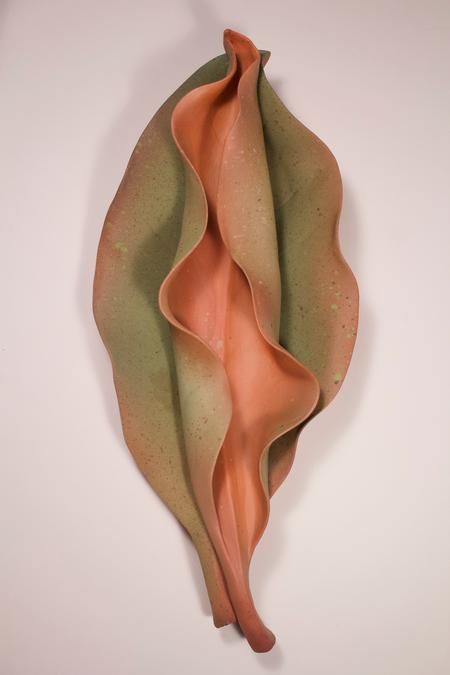It is therefore not surprising when you hear women, especially new mothers, asking their doctors questions like:
Is it true that after delivery vagina becomes loose?
What happens to my body after delivery?
How do I tighten my vagina after childbirth?
And they want to make sure that everything down there is okay before having intercourse.
So, it’s normal.
But for most people, it may not be as bad or permanent as you’ve heard.
While childbirth is no picnic for your nether regions, your vagina can handle it.
The vagina is very resilient.
It is also important that you take care of the wound by cleaning it well to prevent the risk of infection.
So, yeah, that's a big thing to keep in mind when it comes to anything going in or around your vagina after birth.
The scar tissue usually heals over time, making sex more comfortable as you go (just be sure to use plenty of lube and go slowly in the meantime).
Without enough estrogen, not only will you not have the same level of moisture, your vaginal tissue can shrink.
All of this can make it much drier than normal in your vagina after birth.
But breastfeeding can keep those estrogen levels low, which can make you dry the whole time you’re nursing.
In the meantime, using lube can help relieve discomfort during sex.
Even if it does happen to you, you may not pick up on it much, or you might.
Sometimes, a tampon is actually the giveaway.
A slender or regular tampon may be out of the question to use comfortably and may fall out more easily.
Instead, it may slowly slide out a bit while it used to just stay put.
All of this can lead to pee leaking out of your body at inopportune times, like while walking, jumping, and laughing.
Women are twice as likely as men to have this health condition, and the discrepancy is due in part to pregnancy and childbirth.
But if you’re not experiencing much improvement or this issue is affecting your life, definitely talk to your doctor to figure out your options.
It typically goes from an intense red color to a kind of pink or brown hue before eventually becoming yellowish.
While passing a few blood clots no bigger than a plum can be normal, if you see any larger than that, you should get in touch with your doctor.
But if you had complications after vaginal delivery, such as vaginal tears, it may take longer to recover depending on the severity of your condition.














